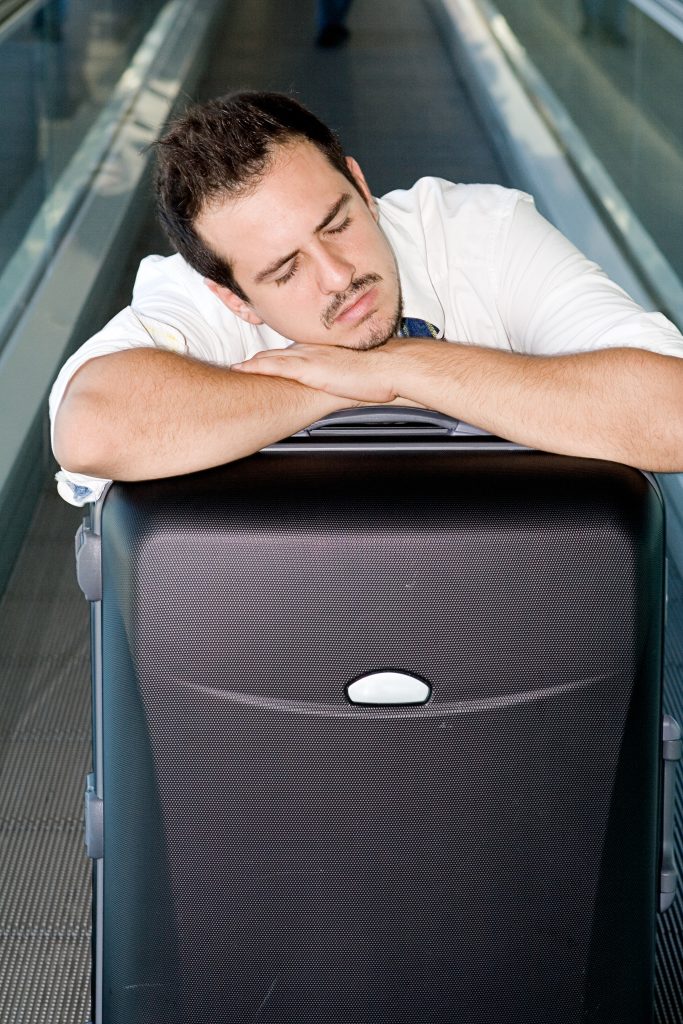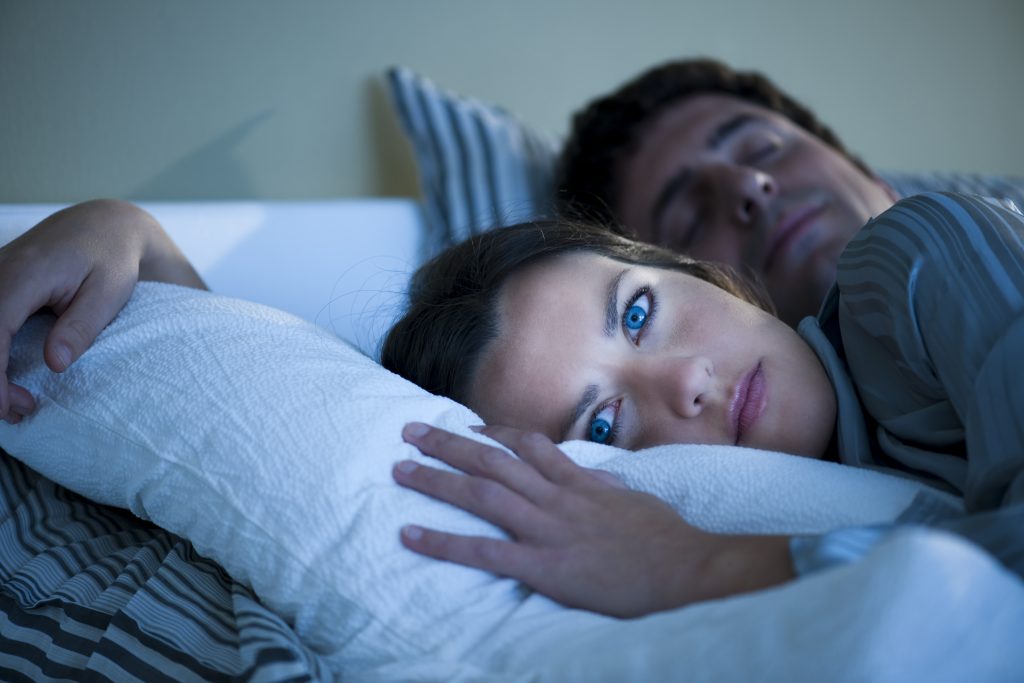Dear Dr. B: What would make the liver quit working? This person did not use alcohol. Could West Nile virus, hepatitis or E. coli possibly affect your liver?
Two most common causes of liver failure in North America are alcohol and acetaminophen use. Acetaminophen is present in over-the-counter pain and cold medications like Tylenol. We will come to this later. Let me first answer your question.
As far as I know, West Nile virus does not cause liver failure. Usually. West Nile fever resolves spontaneously and completely. In a worst case scenario, fatigue, headache, weakness, movement disorders can persist for weeks or months. Severe disease involving the nervous system can result in death or permanent disability. Death is from swelling of the brain and respiratory failure.
Hepatitis does cause liver failure. Hepatitis is a generic term used for inflammation and damage to the liver cells. The liver cells can be damaged by drugs, any kind of toxins, alcohol, inherited diseases, certain metabolic diseases and viruses. Generally speaking, when we say hepatitis, it refers to viral hepatitis A, B, and C. Hepatitis C is the commonest reason for liver transplant in the U.S.
E. coli infection is very common. But it is not a common cause of liver failure. E. coli can cause infection of the urinary tract, gallbladder, bile ducts and the infection, in rare cases, travel to the the liver, brain (meningitis) or lungs (pneumonia). The majority of infected individuals make a full recovery within a week. About six per cent of patients end up having kidney failure (hemolytic uremic syndrome). Of these, between three to five per cent of patients will die.
Alcohol is a poison. Any amount of alcohol can produce damage to the the liver. The liver is very sensitive to alcohol. If you have had previous problems with the liver then the best thing is to avoid alcohol and acetaminophen.
The most common agent causing liver damage is acetaminophen. However, It is considered the safest medication for fevers, aches and pains, but only if taken in small recommended amounts. In large amounts, greater than those recommended, can result in the liver damage or failure. Acetaminophen overdose is a common reason for considering a transplant.
We have five vital organs – the liver, the brain, the heart, the lungs and the kidneys. The liver plays a vital role in the metabolism of fat and carbohydrates, synthesis of proteins, detoxification of poisons and storage of good nutrients. When the the liver fails, either acutely or chronically, these important functions do not occur. Thus, the person faces severe ill health. There are numerous other reasons why the liver can fail. It is impossible to discuss them all here. However, you get the idea. It is easy to damage your liver if you are not careful.
Start reading the preview of my book A Doctor's Journey for free on Amazon. Available on Kindle for $2.99!



